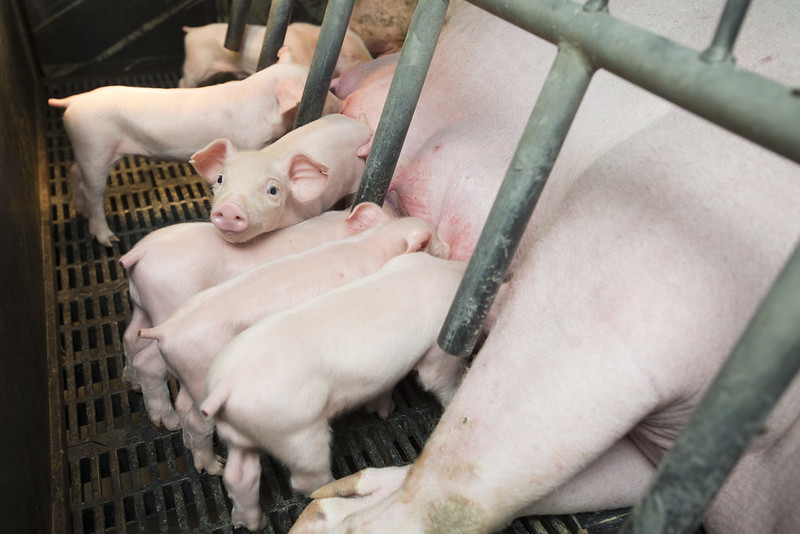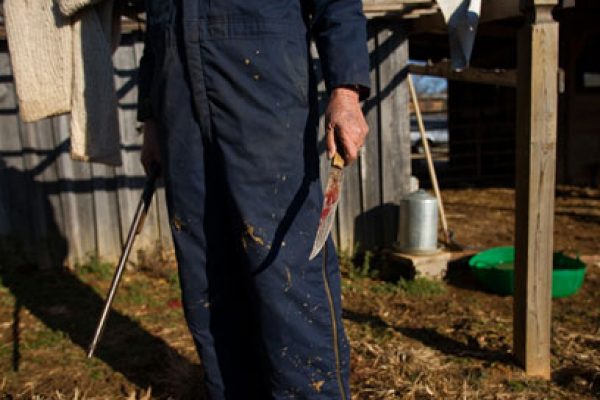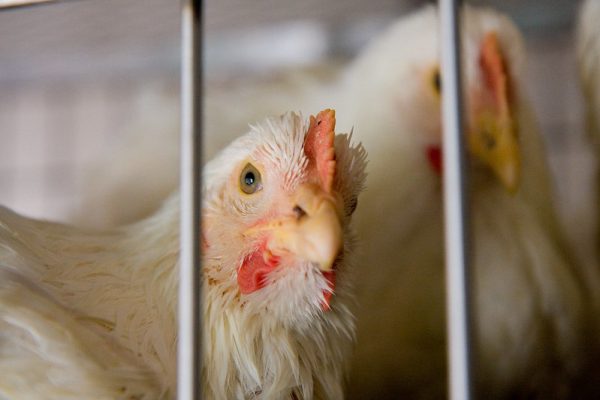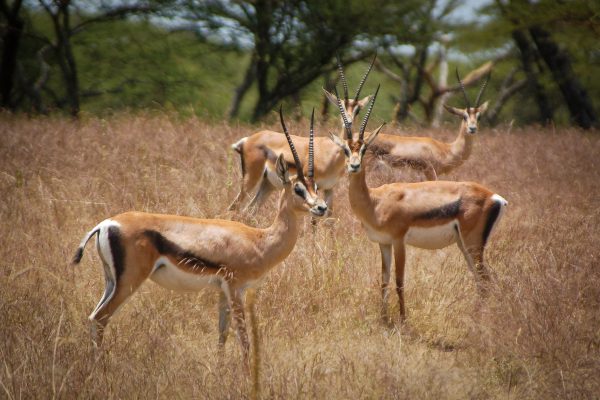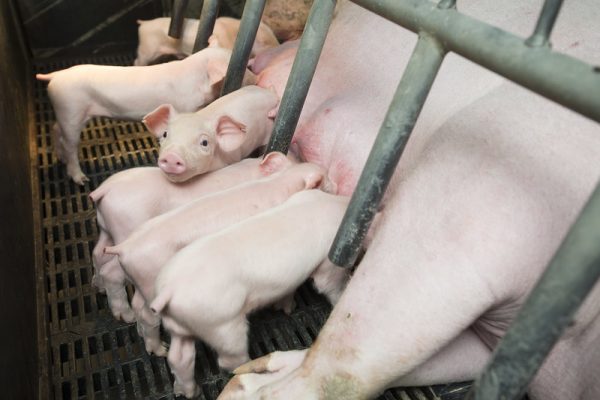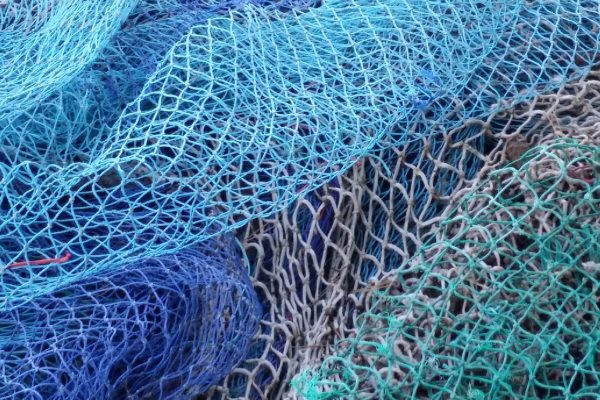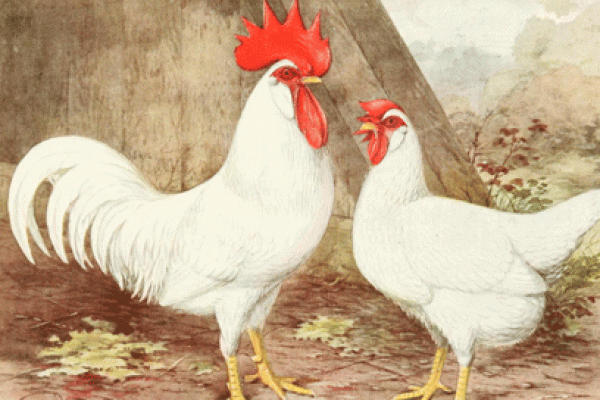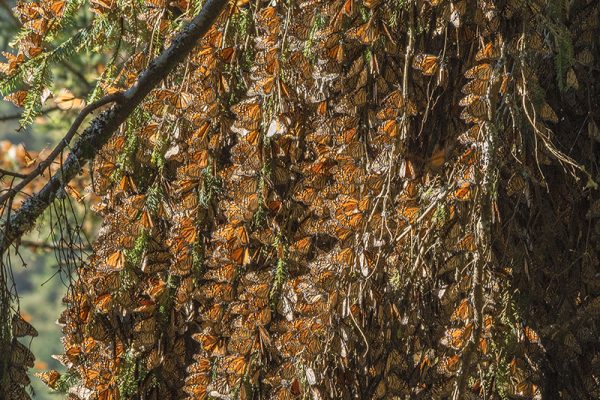It is becoming increasingly difficult to deny the ethical and practical implications of animal welfare. While animals’ sentience raises profound questions about their rights, as philosopher Martha Nussbaum has recently argued, the economic and public health consequences of industrial farming suggest that treating non-human animals with dignity and respect is also in humans’ best interest.
Consider pigs. As Jesse Maceo Vega-Frey demonstrates in a searing first-person account of raising pigs to be slaughtered, even “ethical” meat is inseparable from corralling and killing a creature that clearly prefers to be free and alive. “In our endeavoring to raise meat animals ethically,” Vega-Frey writes, “I realized we were capable—through laziness, ignorance, circumstance, or spite—of creating real suffering long before any killing happened.”
Meanwhile, for environmental historian Troy Vettese, the history of industrial pig farming in the United States and former East Germany underscores the connection between human and animal well-being. “Especially now, when we live in a world unraveled by zoonotic illness, it should be clear that inter-species solidarity is essential to any vision of a just society,” he concludes.
In the view of philosophers Alice Crary and Lori Gruen, this insight should lead us to elaborate a broader program of social and political change. “Many practices that harm animals are embedded in institutions that also systematically harm human beings,” they write. “Recognizing that structures that harm animals also harms humans helps us forge novel forms of political consciousness that allow us to establish and preserve relationships of respect for human and animal dignity.”
Alongside these essays, this week’s reading list assembles a variety of reflections on the intersection between human and non-human animals, including a critical discussion of bans on certain dog breeds, the public health implications of our ecological enmeshment with other forms of life, capitalism’s ensnarement of marine mammals, the surprising dangers of saving monarch butterflies, and more.
Two men test their ethical and spiritual mettle by raising and slaughtering pigs.
The systems that harm animals go hand in hand with systems that harm humans. Combating them requires inter-species solidarity.
Martha Nussbaum on her new book—and why a full development of our humanity requires developing our capacities to care for animals.
In a world unraveled by COVID-19, the brutality of factory farming demands we rethink our relationship to animals.
Today’s pit bull bans tell us more about ourselves than about the breed. The drive to label, condemn, and exterminate has become a moral enterprise.
Struggles for Medicare for All and a Green New Deal are two sides of the same coin.
If many marine mammals are on the verge of extinction, it is not for lack of environmental activism, but because we are entangled in a global financial system that it does not seem possible to transform.
On the cruelties the South doles out to animals, children, and black folks.
Monarch butterflies may be gone in thirty years. Saving them seems apolitical, but environmentalists have landed in the sights of drug cartels, illegal loggers, Trump supporters, and even clandestine avocado farmers.
